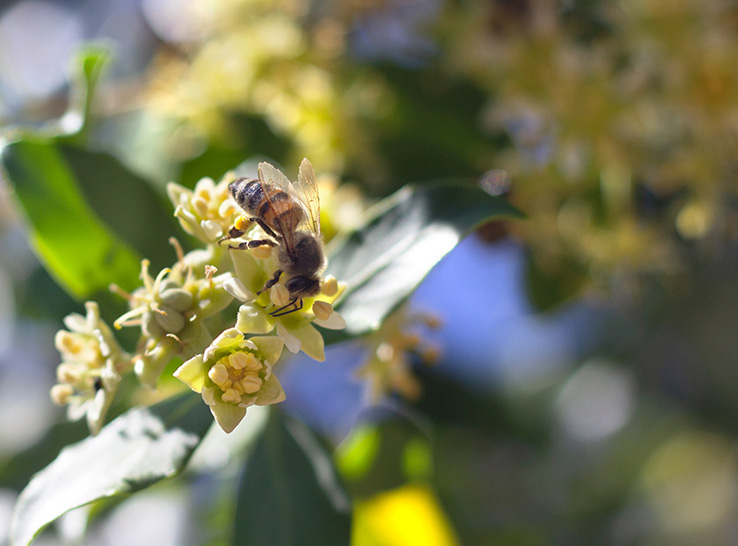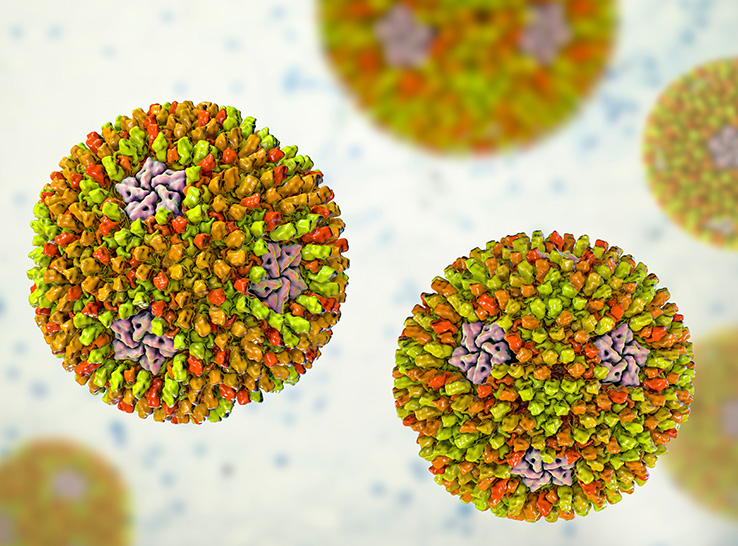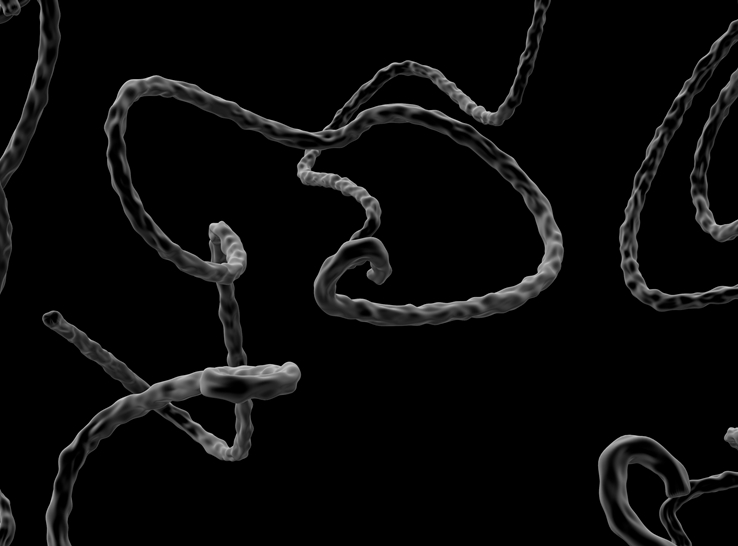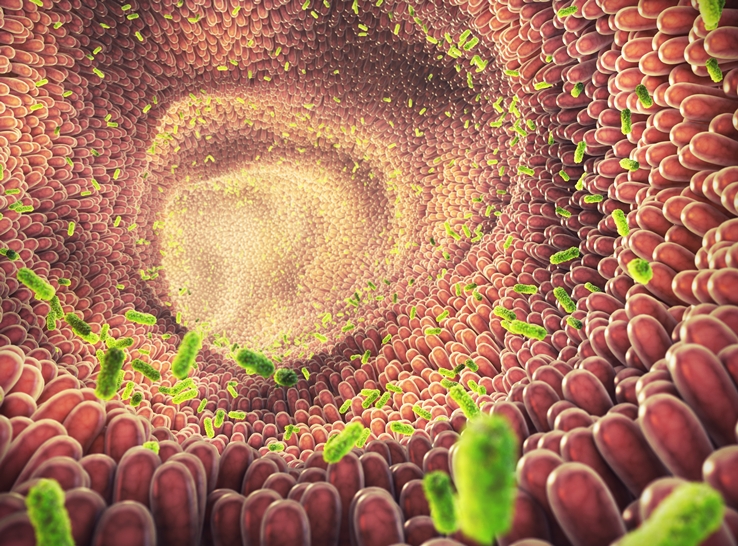Infection with avian reovirus (ARV) leads to reduced bacterial diversity in birds’ guts — a possible explanation for how disease caused by the pathogen is aggravated by intestinal disturbance.
Scientists have long considered that microbiome changes could be responsible for the progression of ARV, which is associated with runting-stunting syndrome.
Now, in research presented at the 2023 International Poultry Scientific Forum, scientists from Auburn University have demonstrated these changes and how they are affected by ARV dose and strain, as well as over time.
The scientists inoculated 7-day-old specific-pathogen-free birds with two different doses of either an ARV field strain or the vaccine strain S1133.
They then sampled content from the midgut of 10 birds before inoculation and seven individuals per group at 7, 21 and 35 days post-inoculation. Microbiome content was analyzed using next-generation RNA sequencing technologies.
Virus brings bacterial community shift
The team observed significantly reduced microbial diversity in the digestive systems of birds that had been inoculated with ARV, compared to controls. This diversity changed over time, with differences noted among the bacterial genera Lactobacillus, Ruminococcus, Clostridium and Flavobacterium, which are commonly associated with poultry health. They also observed reduced evenness in microbial communities after viral inoculation.
“There are microbial taxa in the control group that we don’t even see after we inoculated with the virus,” explained Zubair Khalid, DVM, the graduate research fellow who led the work.
Crucially, the higher dose of the ARV field isolate resulted in a significantly reduced bodyweight, which was correlated with the composition of the gut microbiome.
“We’re not necessarily saying that the all the [microbial] genera are negatively correlated with bodyweight, but the genera that were affected by treatment are negatively correlated,” Khalid said.
Route to treatment options
Microbes play a significant role in digestibility of feed and protein assimilation, which prompted the exploration of connections between ARV and symptoms associated with runting-stunting syndrome.
Changes in communities, such as the greater proportion of Lactobacillus after infection, may be due to its ability to remain in the gut throughout diarrhea conditions in a way that other microbes do not. Prebiotic and probiotic supplementation during reovirus infections may be a promising avenue to explore as an approach to reducing illness, he added.







